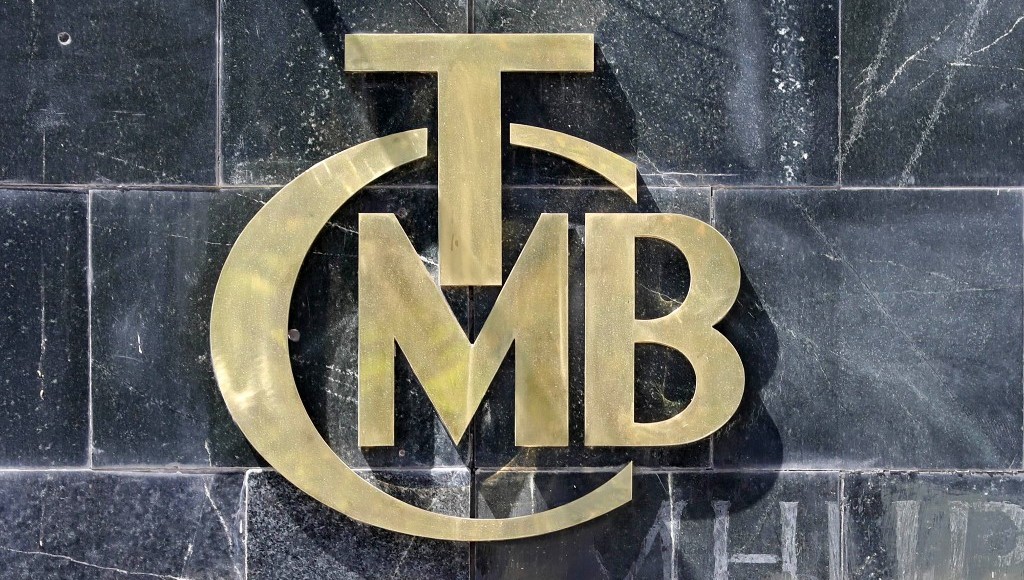Turkey’s central bank on Thursday brushed aside an inflation reading that has soared past 60 percent and kept its benchmark interest rate steady for the fourth month in a row, Agence France-Presse reported.
The widely anticipated decision reflects President Recep Tayyip Erdoğan’s unorthodox conviction that high interest rates cause inflation rather than slow it down.
But it means that Turkey will continue to rely on expensive economic support measures that could further deplete state coffers and inhibit foreign investors from returning to the once-promising emerging market.
“It would probably take the emergence of severe strains in the banking sector to bring an interest rate hike on to the agenda,” analyst Jason Tuvey of Capital Economics remarked.
The central bank said its decision to hold the main interest rate at 14 percent was driven by expectations of the “disinflation process” starting soon.
Russia’s invasion of Ukraine and the aftereffects of the coronavirus pandemic have sparked energy price spikes and production bottlenecks that pushed US and European cost of living increases to their highest levels in more than 20 years.
But Turkey’s annual inflation rate of 61.1 percent — the highest since Erdoğan’s ruling party stormed to power in 2002 — is largely disconnected from most global factors.
Turkey entered an economic tailspin when Erdoğan put pressure on the nominally independent central bank to start slashing interest rates last year.
The Turkish leader believes relatively cheap borrowing costs will propel the economy to sustainable growth that supports long-term employment and helps his re-election chances next year.
But the policy pushed people’s return on bank deposits far below the rate at which the lira was losing value against the dollar.
That forced Turks to start converting their liras into dollars at an even greater pace.
The Turkish currency lost 44 percent of its value against the dollar last year and another nine percent since the start of January.
Erdoğan’s government has responded by using state banks to buy up liras in a bid to cut the currency’s losses.
The government has also forced exporters to sell a quarter of their foreign currency earnings to the central bank to help buffer its reserves.
Turkish media reported this week that this rate could soon be raised to at least 40 percent.
Erdoğan has also shifted Turkey’s geopolitical alignment and tried to reform broken alliances with cash-rich Gulf states.
“Erdoğan strategy is I think clear — try and make friends with everyone internationally so as to secure bilateral external financing to sustain the current FX/rates mix until elections by June 2023,” analyst Timothy Ash of BlueBay Asset Management said.


